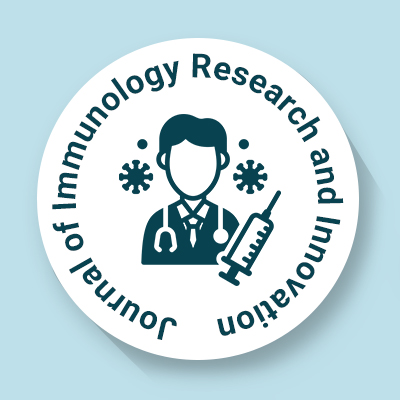
Journal of Immunology Research and Innovation
OPEN ACCESS

OPEN ACCESS
Immunogenetics is a multidisciplinary area that combines rudiments of immunology, molecular biology and genetics to examine genetic factors affecting immunity. This part of biology is required for realizing how genetic alterations effects immune response, the inheritance of tissue receptors, interactions between hosts and microbes and tissue incompatibility. Immunogenetics disclose the nature of the immune response and the immune function genes contribution, their implications to susceptibility to disease, treatment and prevention.
A major aspect of immunogenetics is the examination of autoimmune disorders, including Type 1 diabetes. These situations occur because of intricate genetic characteristics that results in immune system dysfunction. By pinpointing genes linked to immune system deficiencies, scientists can reveal new therapeutic targets and enhance treatment approaches. Moreover examining genetics differences can clarify immunological pathways associated with disease, enabling personalized medicine strategies customized to person’s genetic makeup.
The major histocompatibility complex (MHC) genes are of central importance to immunogenetics. The gene that codes for cell surface proteins critical to the functioning of the immune system control how the body identifies and reacts to pathogens. MHC gene variations are intimately associated with immune reactions, transplant compatibility and susceptibility to infectious and autoimmune illness. Knowledge of these genetic differences improves our capacity to create vaccines, immunotherapies and transplantation regimens.